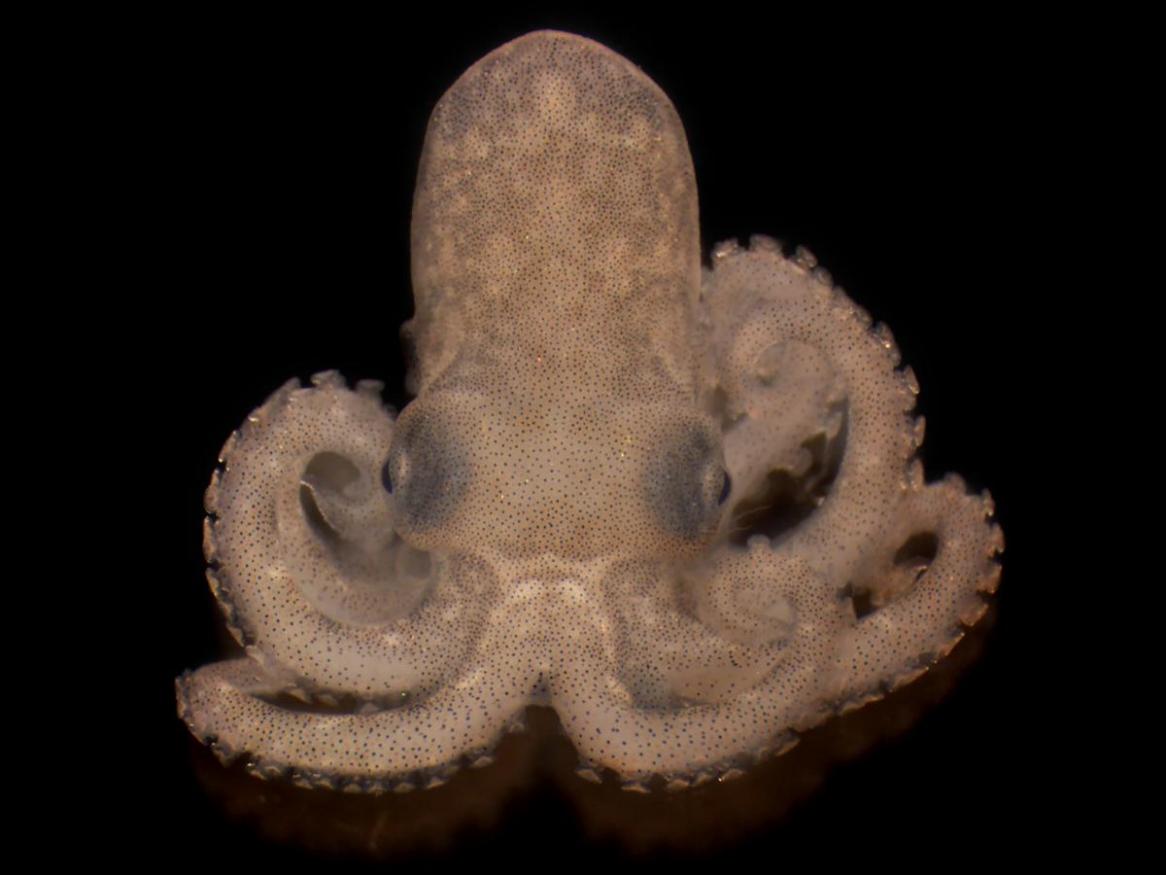News: paper
Heat stress from ocean warming harms octopus vision

While climate change has led to an increase in the abundance of octopuses, heat stress from projected ocean warming could impair their vision and impact the survivability of the species.
[Read more about Heat stress from ocean warming harms octopus vision]
Microbial solutions to soil carbon sequestration
The potential of soil to capture and store carbon dioxide (CO2), known as carbon sequestration, has been proposed as a compelling mitigation strategy to help address climate change.
[Read more about Microbial solutions to soil carbon sequestration]
The feral flying under the radar: Why we need to rethink European honeybees
Australia’s national parks, botanic gardens, wild places and green spaces are swarming with an invasive pest that is largely flying under the radar.
[Read more about The feral flying under the radar: Why we need to rethink European honeybees]
Uncovering online sales of Australian invertebrates
In the first study of its kind, researchers from the University of Adelaide have investigated the level of online trade in invertebrates in Australia and believe they have only uncovered the tip of the iceberg.
[Read more about Uncovering online sales of Australian invertebrates]
Reef life decline following a decade of ocean warming
Dangers are lurking beneath the sea, but its not what you think. Our marine life may be out of sight, but it does not mean it is out of trouble.
[Read more about Reef life decline following a decade of ocean warming]
Gene-drive strategy could suppress invasive mice on islands
Invasive rodents pose a significant threat to global biodiversity. Current control methods, such as poisoning, trapping, biological control with additional introduction of competitors or predators are often ineffective, costly, and not species specific. Genetic biocontrol has considerable potential to control invasive populations but has not been developed in any vertebrate pest species.
[Read more about Gene-drive strategy could suppress invasive mice on islands]
‘Astonishing’: global demand for exotic pets is driving a massive trade in unprotected wildlife
Global demand for exotic pets is increasing, a trend partly caused by social media and a shift from physical pet stores to online marketplaces.
History of modern human arrival in Europe rewritten, as new fossil discovered
An international research team including scientists from the University of Adelaide has found evidence of human occupation in Europe almost 10,000 years earlier than previously documented, a discovery that stands to rewrite modern human and Neanderthal histories on the continent.
[Read more about History of modern human arrival in Europe rewritten, as new fossil discovered]
Heading towards an improved marine aquaculture sector
It’s one of the world’s fastest growing food industries and, with the introduction of some new strategies investigated by researchers at the University of Adelaide and The Nature Conservancy, could soon be one of its greenest.
[Read more about Heading towards an improved marine aquaculture sector]

Newsletter & social media
Join us for a sensational mix of news, events and research at the Environment Institute. Find out about new initiatives and share with your friends what's happening.
